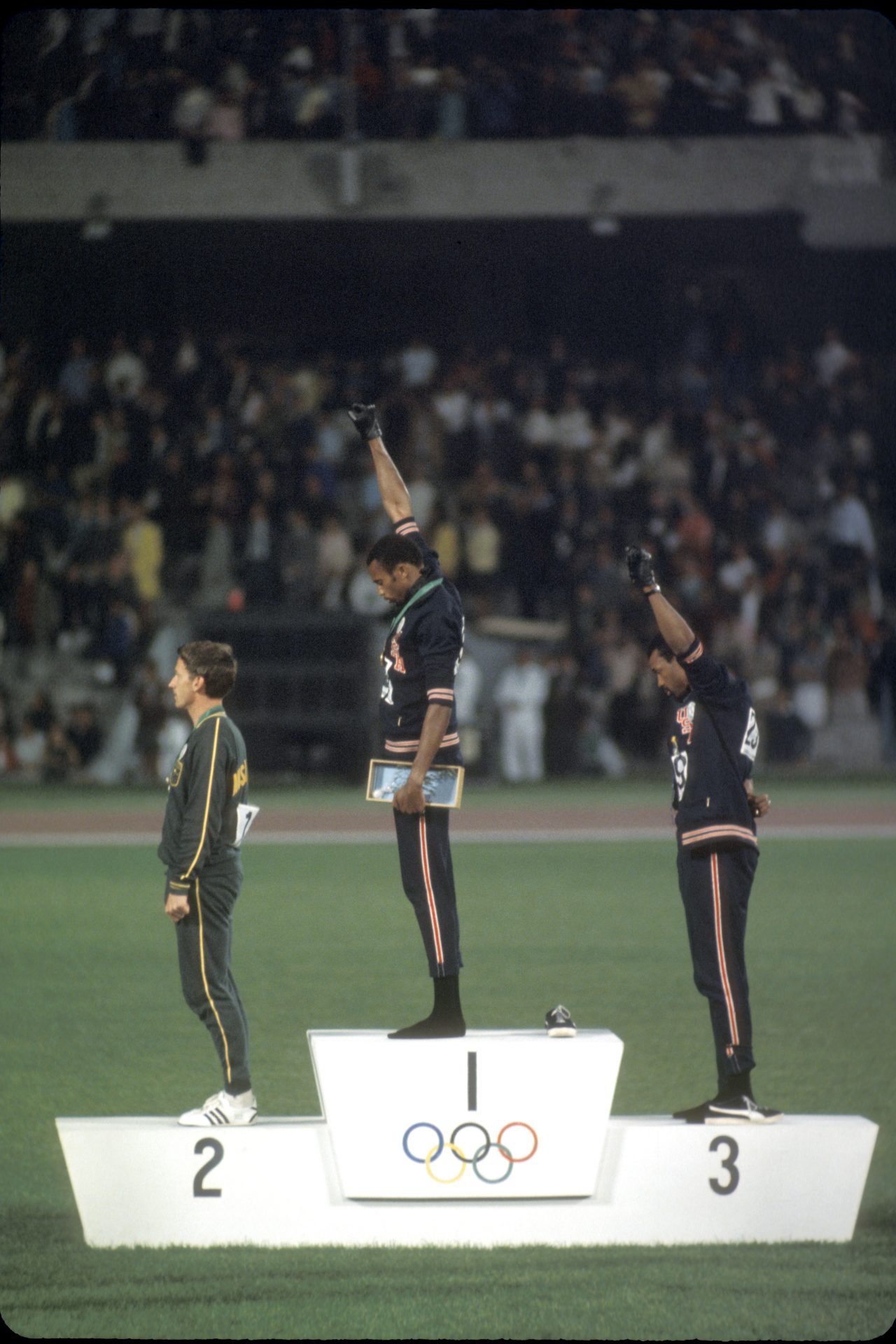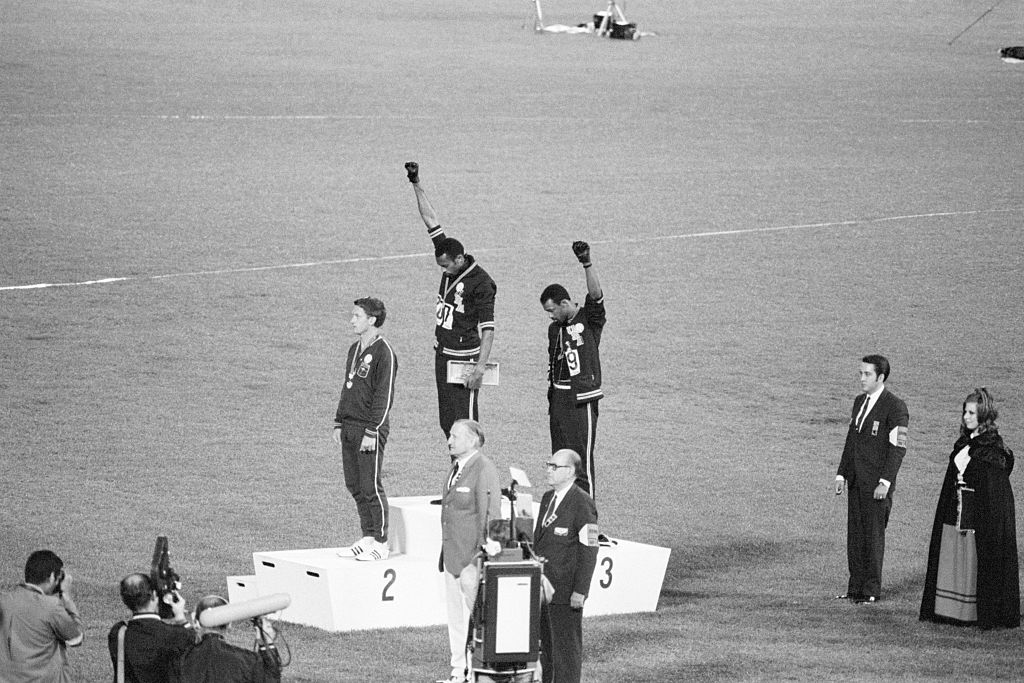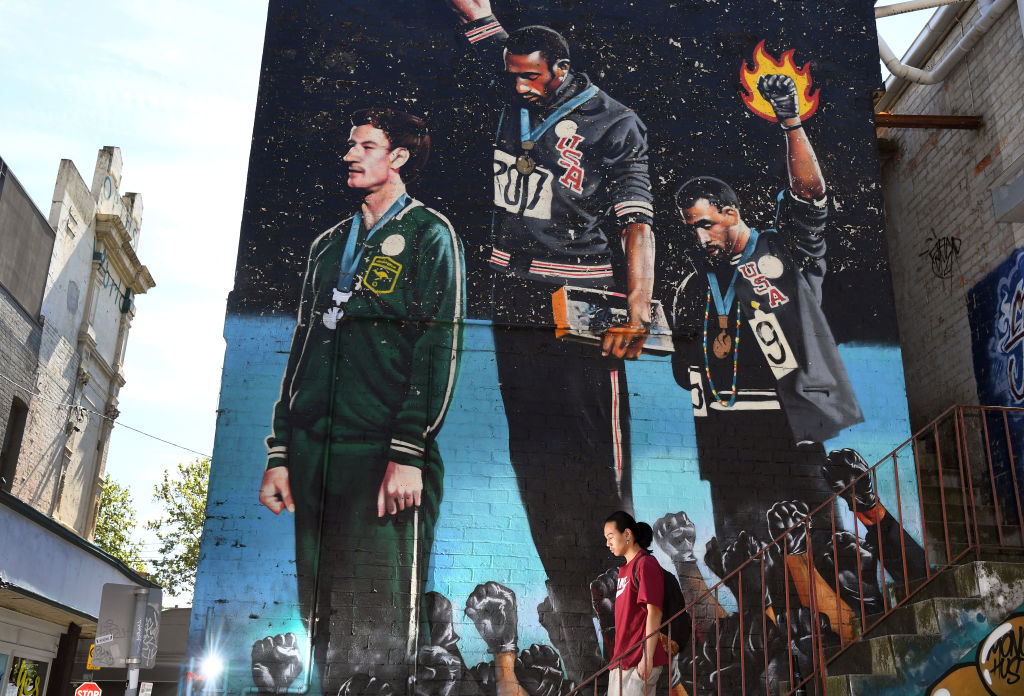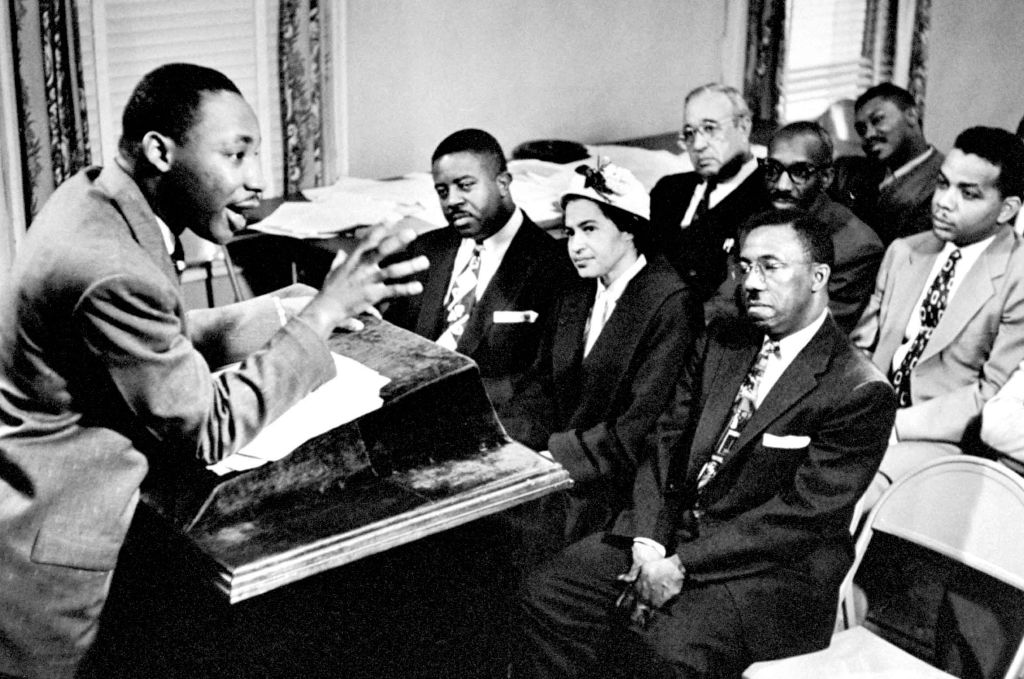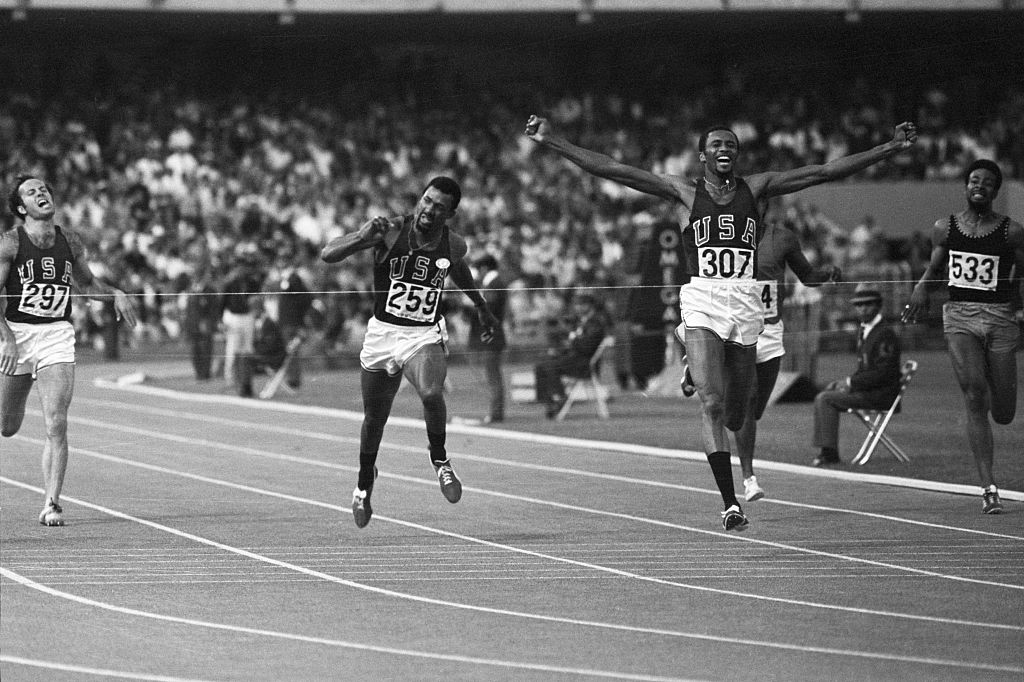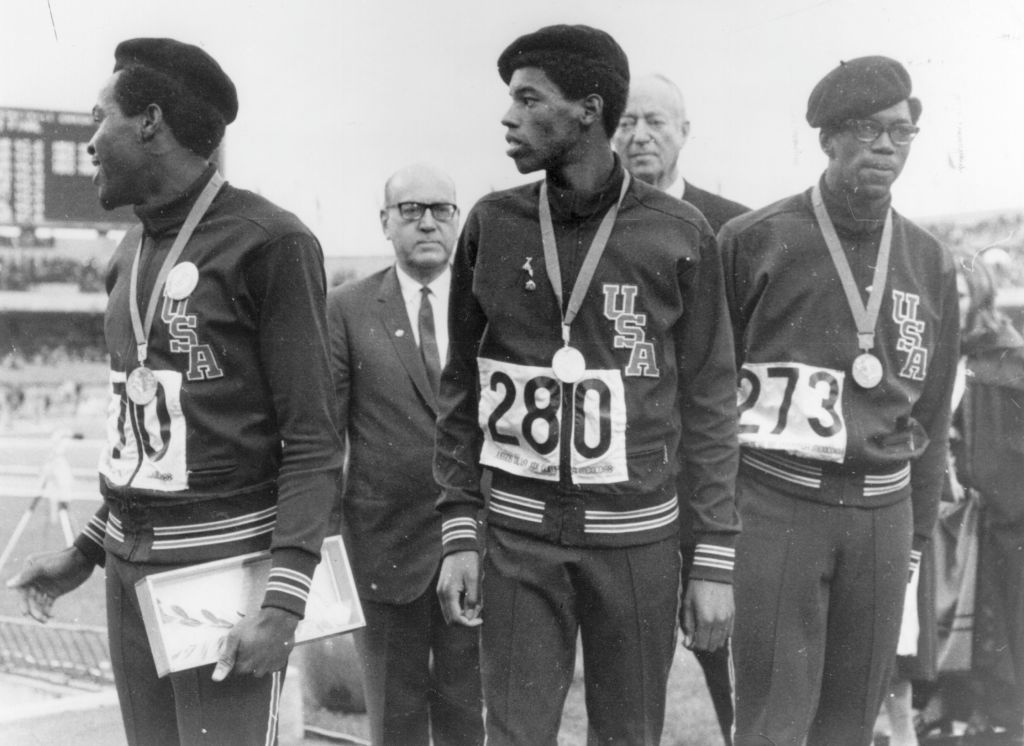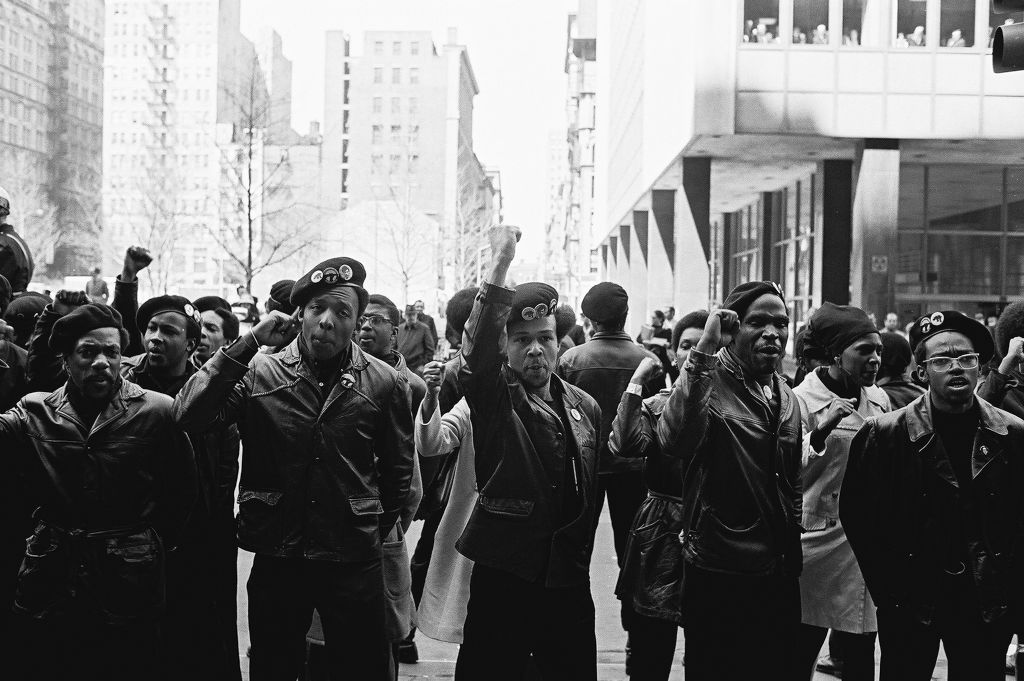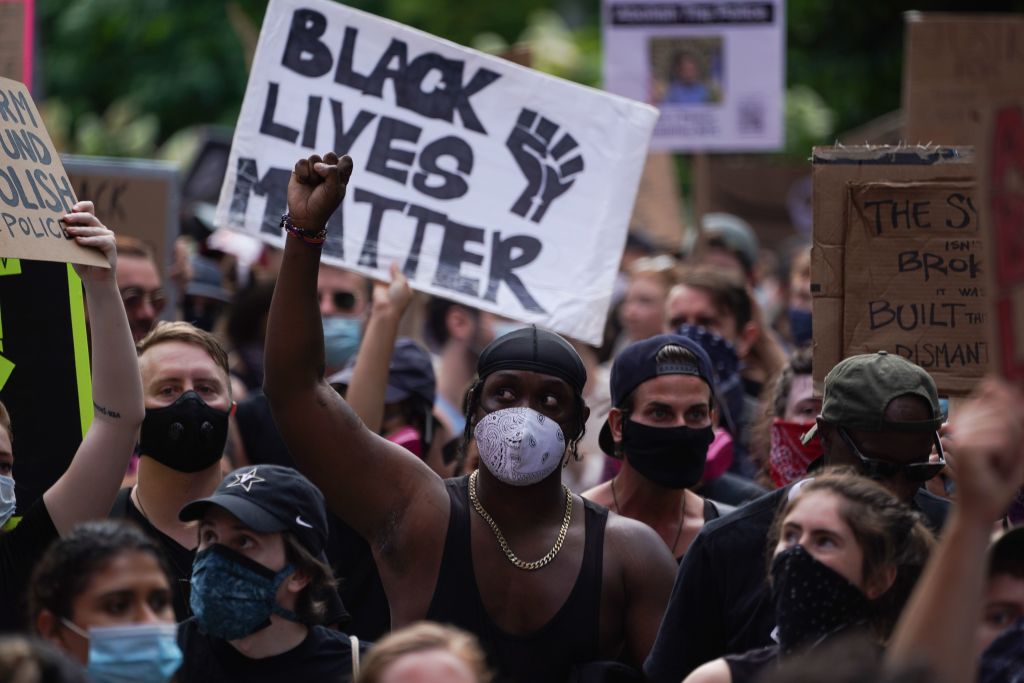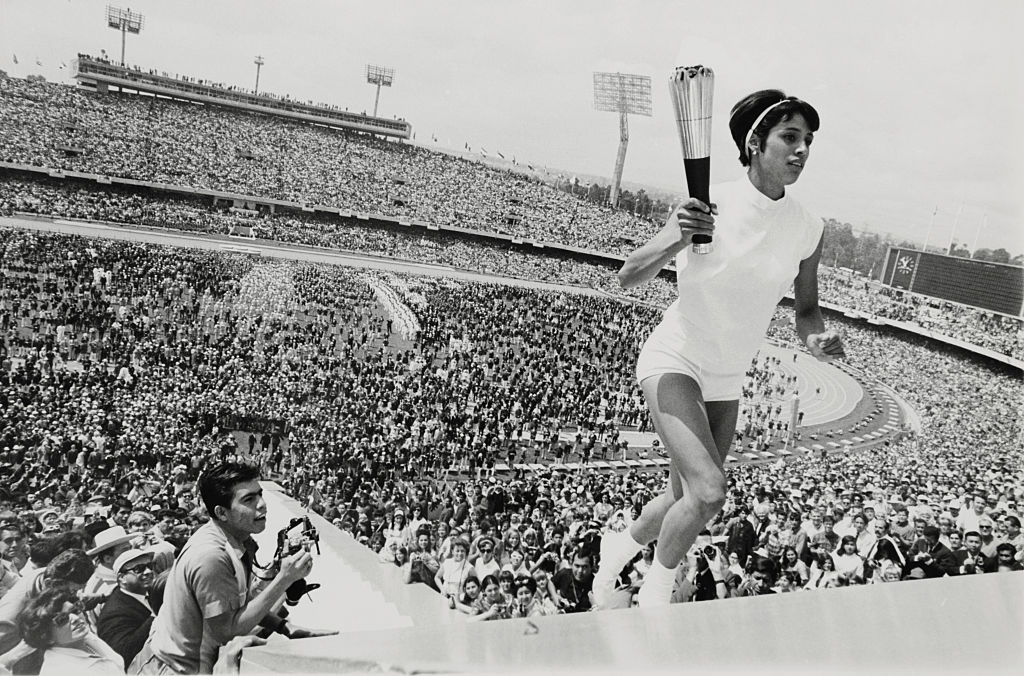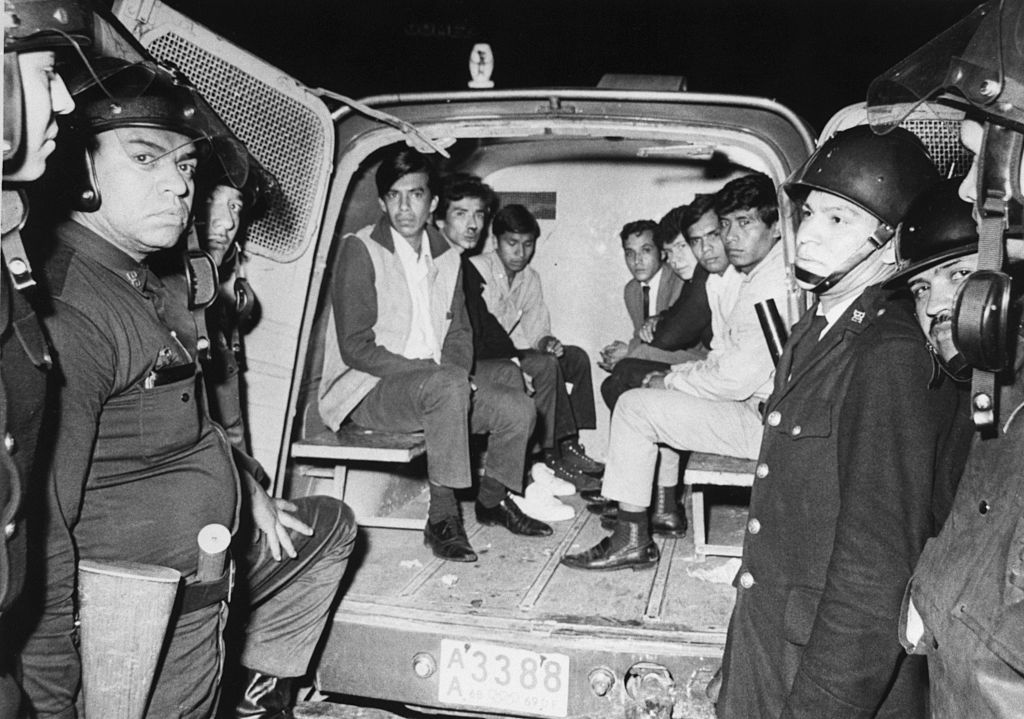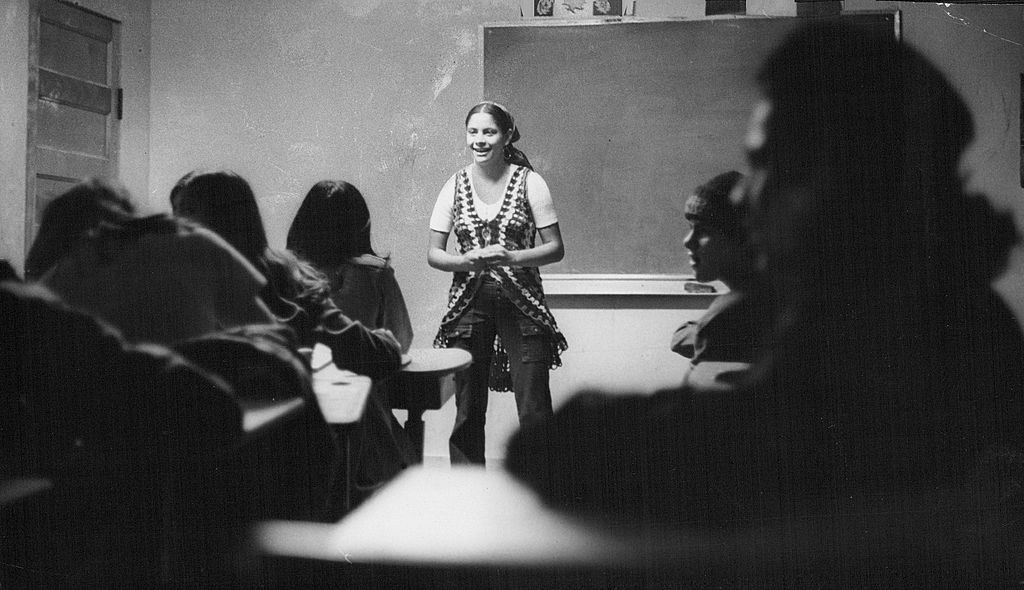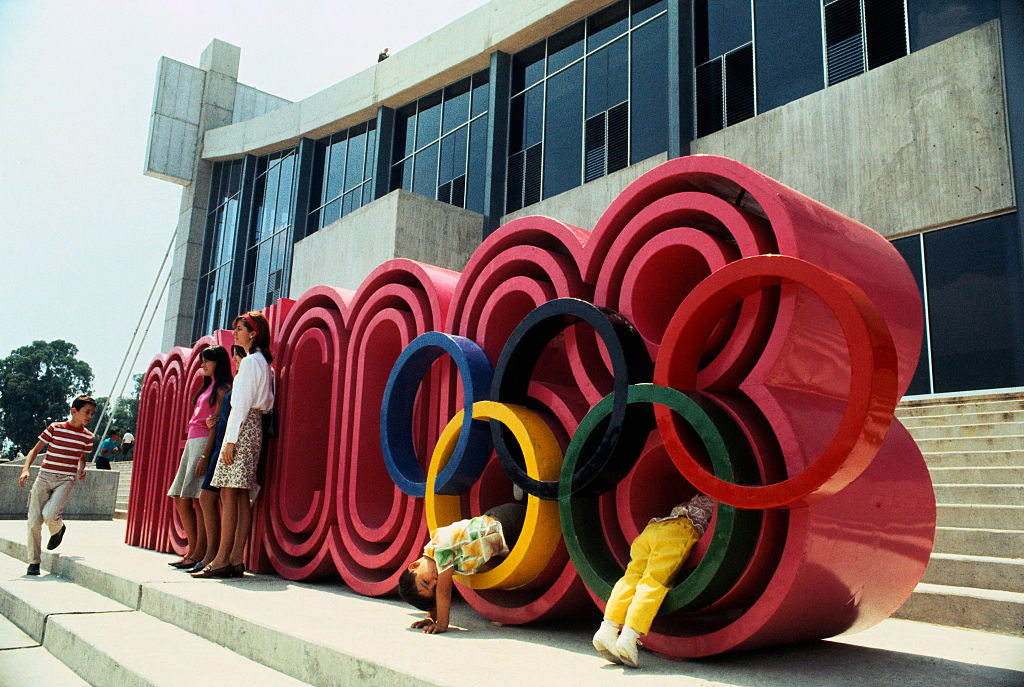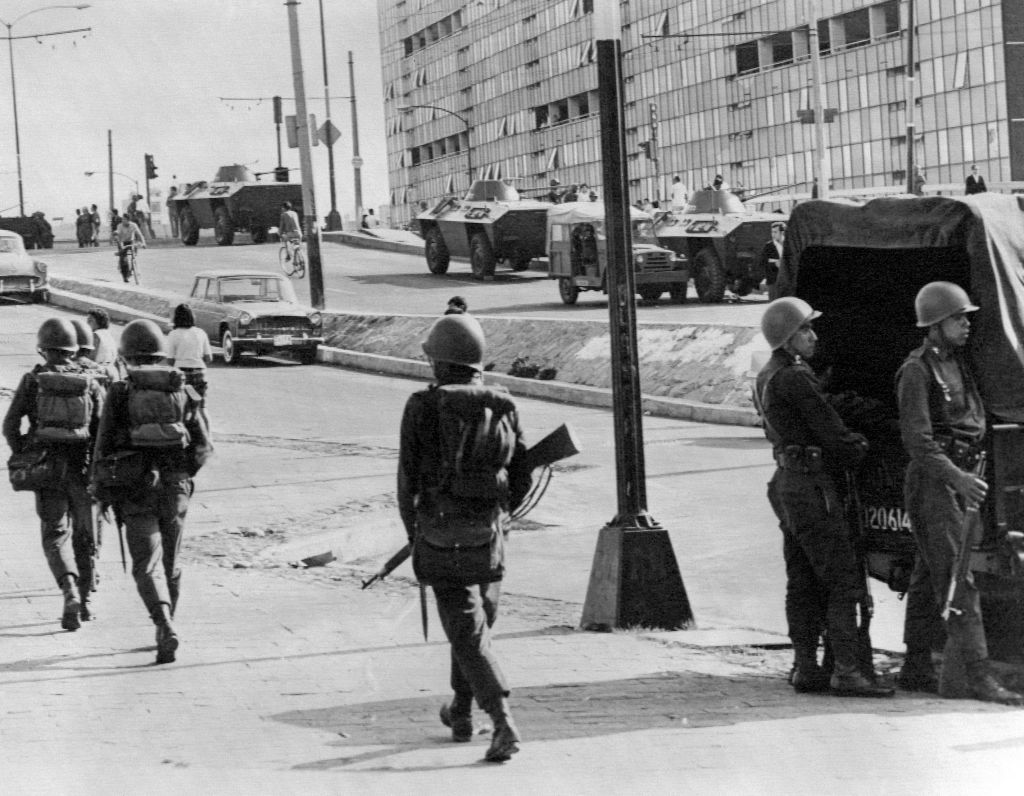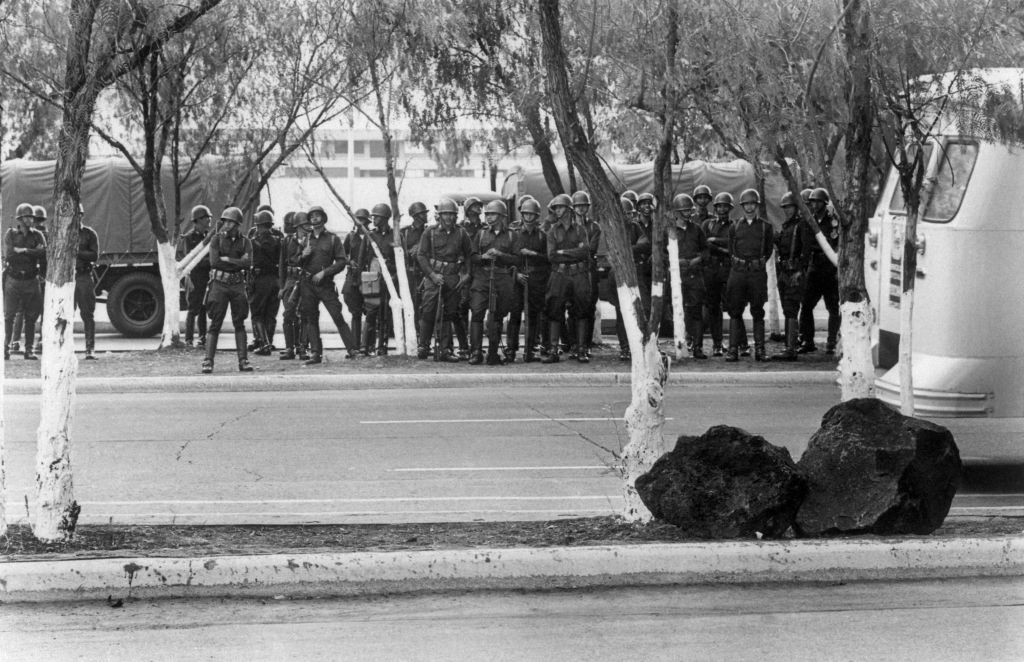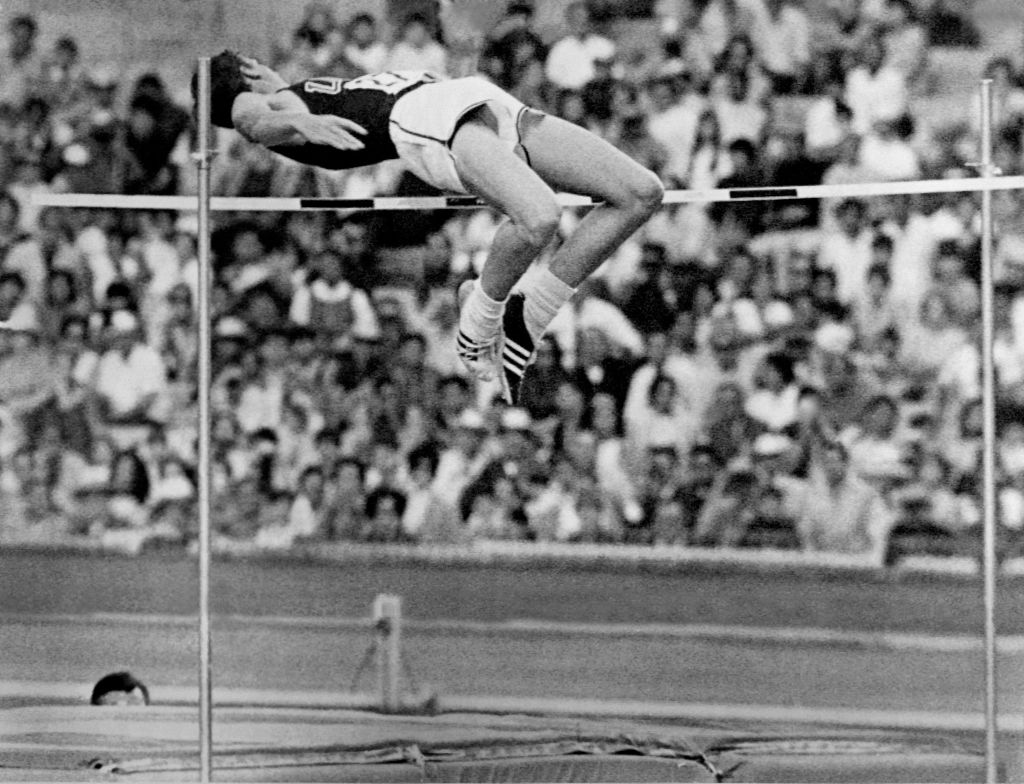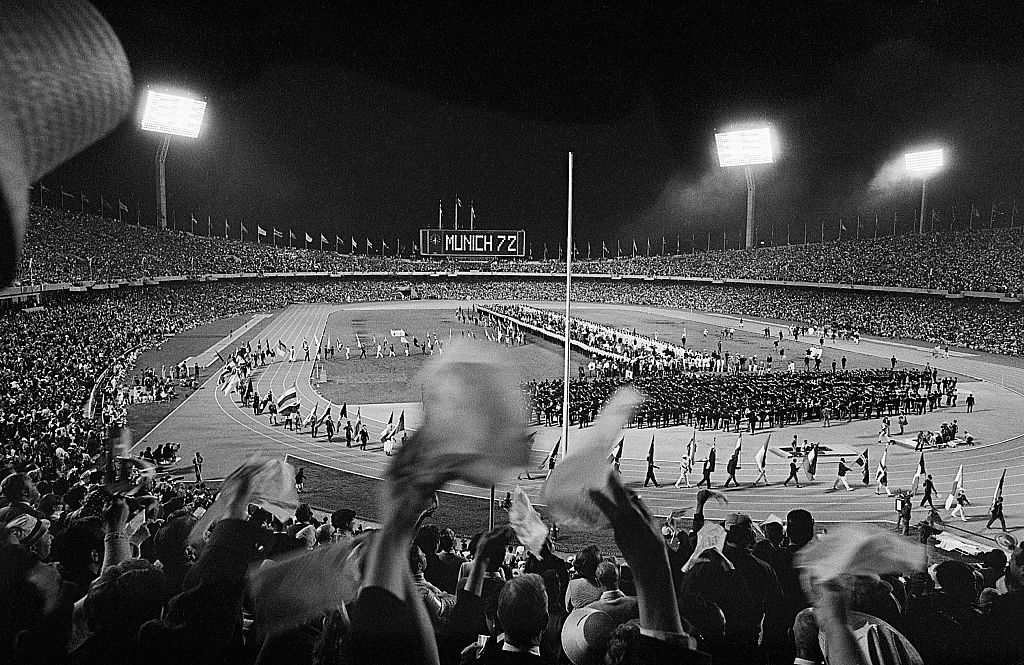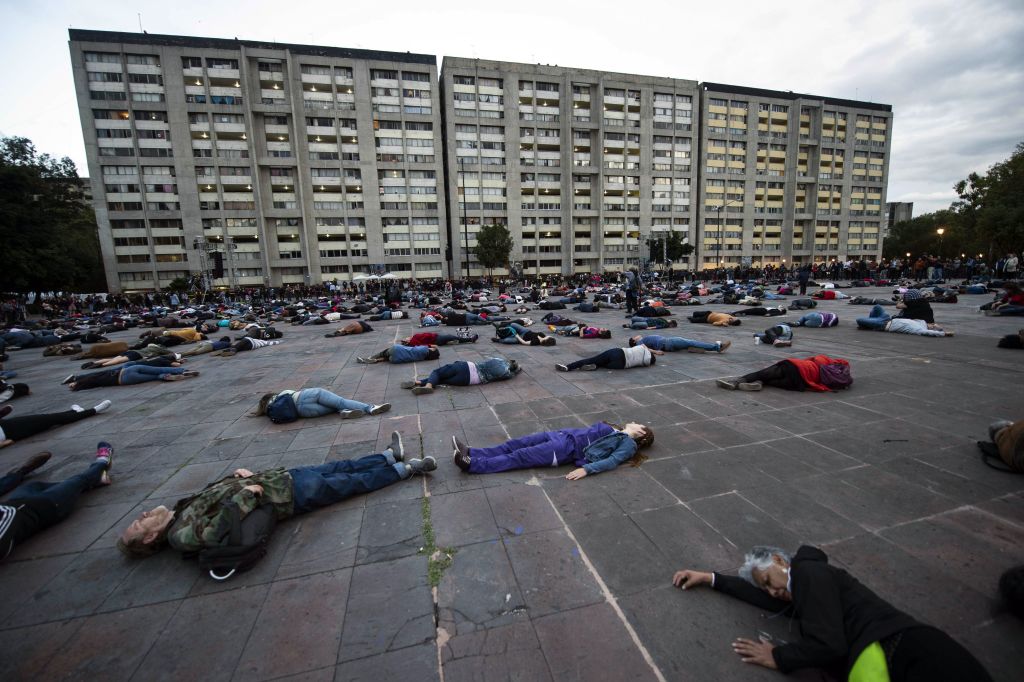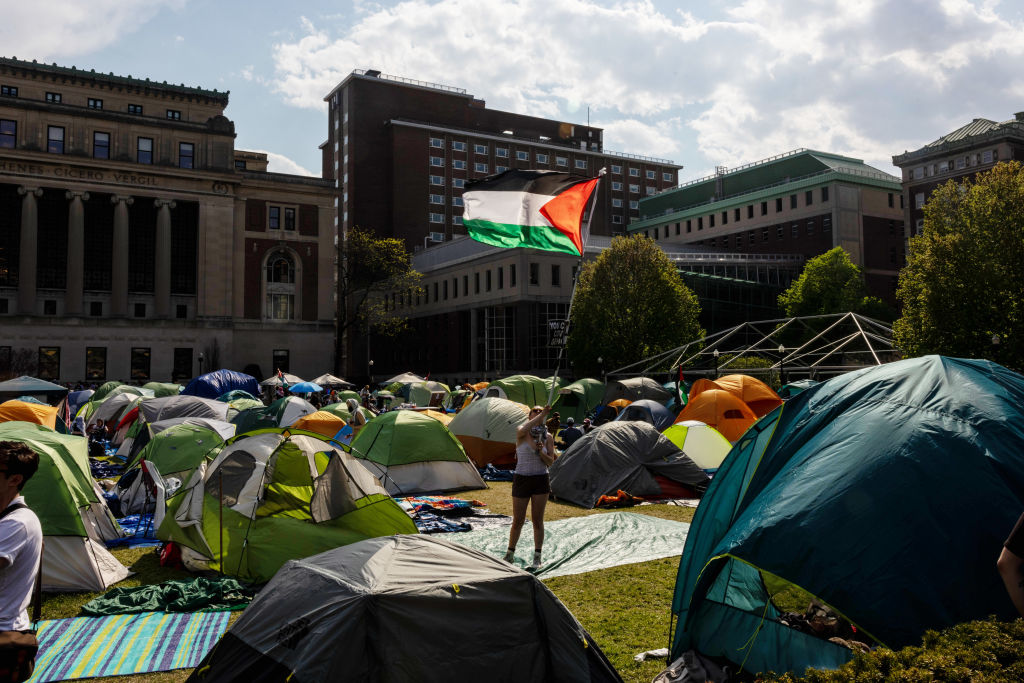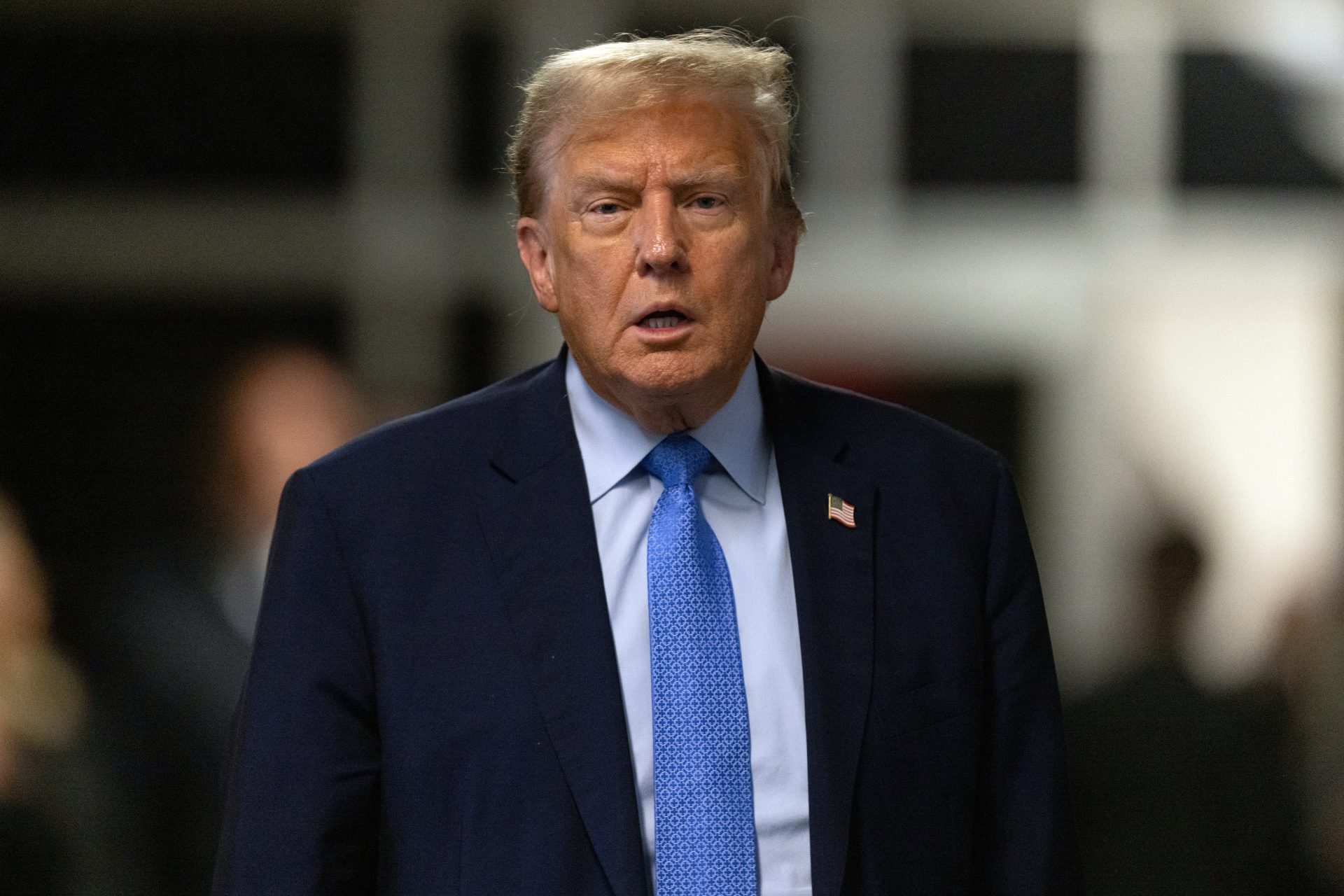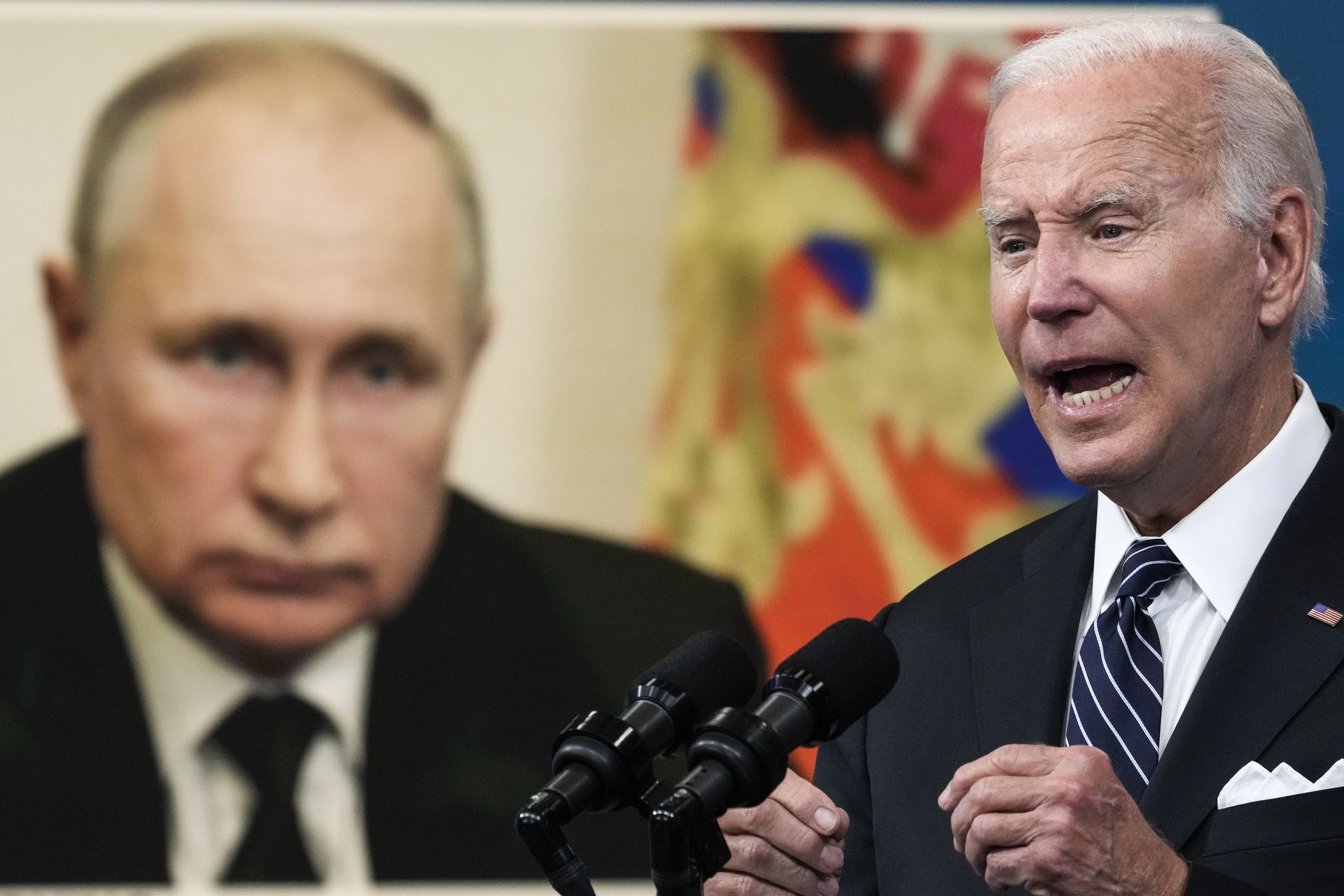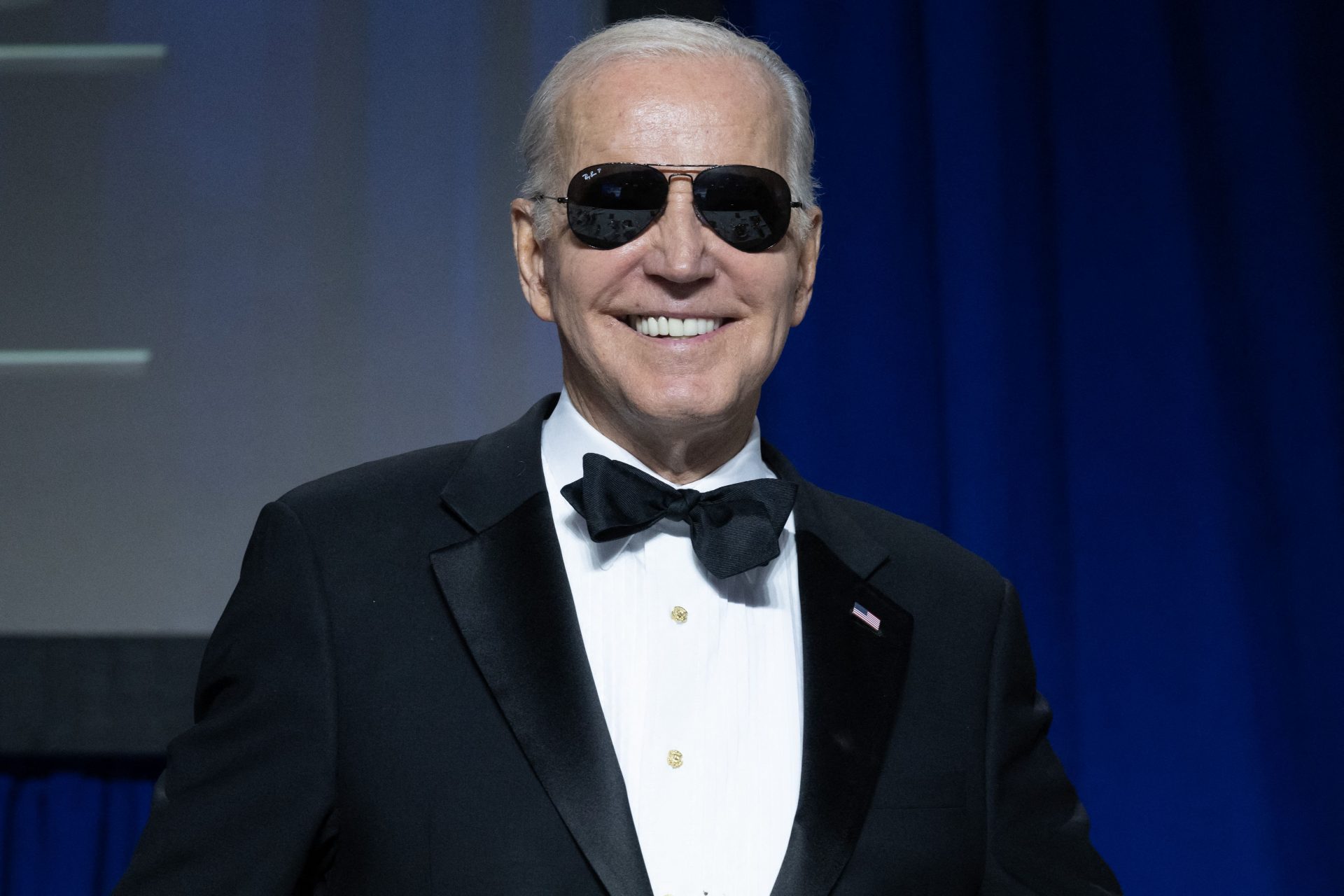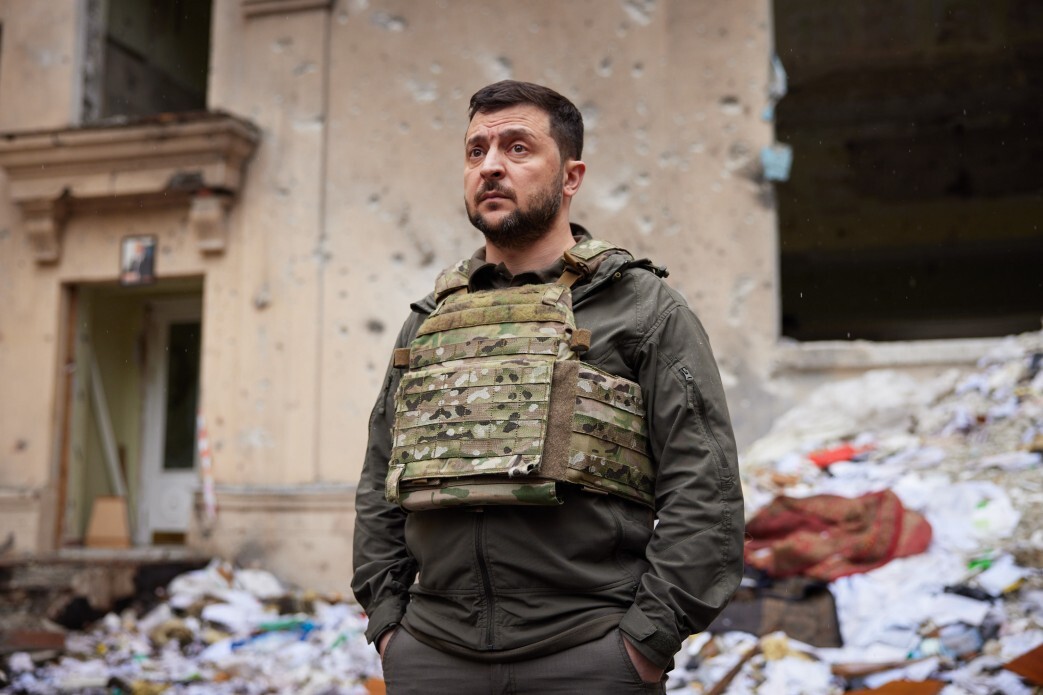The Black Power salute at Mexico’s 1968 Olympics that inspired generations
After winning the gold and bronze medals in the 200-meter race, African-Americans Tommie Smith and John Carlos raised one fist, wearing a black glove each while the United States national anthem was playing. They also wore black socks with no shoes.
Both the African-American athletes, and Peter Norman, the Australian who won the silver medal and stood on the podium with them, wore a pin that said “human rights.”
Photo: graffiti from the emblematic moment in Melbourne, Australia.
The gesture was seen as an act of solidarity with the African-American civil rights movement in the United States, as well as a protest against racism and discrimination.
The protest, however, resulted in the expulsion of Smith and Carlos from the Olympics two days later.
That then led to another protest by their fellow athletes who wore black berets on the podium, another of the symbols of the 'Black Power' movement.
Both gestures: the black-gloved fist, as well as the black beret, became a cultural and political icon of 'black power'.
Furthermore, the raised fist gesture has been imitated in many other demonstrations against injustice and oppression, including, of course, the Black Lives Matter movement.
Years later, it was learned that in addition to the army, the so-called “Olympia battalion” was involved, a secret branch of the government made for the security of the Olympic Games, composed of soldiers, police officers and federal security agents.
Mexican and foreign athletes later claimed not to know about the killing of students. But, although there were no major gestures of protest related to the massacre during the Olympics, Mexican writer Elena Poniatowska says in her book 'The Night of Tlatelolco' that an Italian athlete expressed anger at what had happened.
In her non-fiction book, Poniatowska quotes the athlete as saying: “If they are killing students so that the Olympics can take place, it would be better if they were cancelled, since no Olympics are worth the life of a student.”
For the whole world, those were the Olympics of Black Power. For Mexicans, despite having won nine medals, being the Olympic Games in which the country has stood out the most, the year 1968 will forever be marked by the Tlatelolco massacre.
Photo: Protest of the 50th anniversary of the Tlatelolco massacre.
More for you
Top Stories



